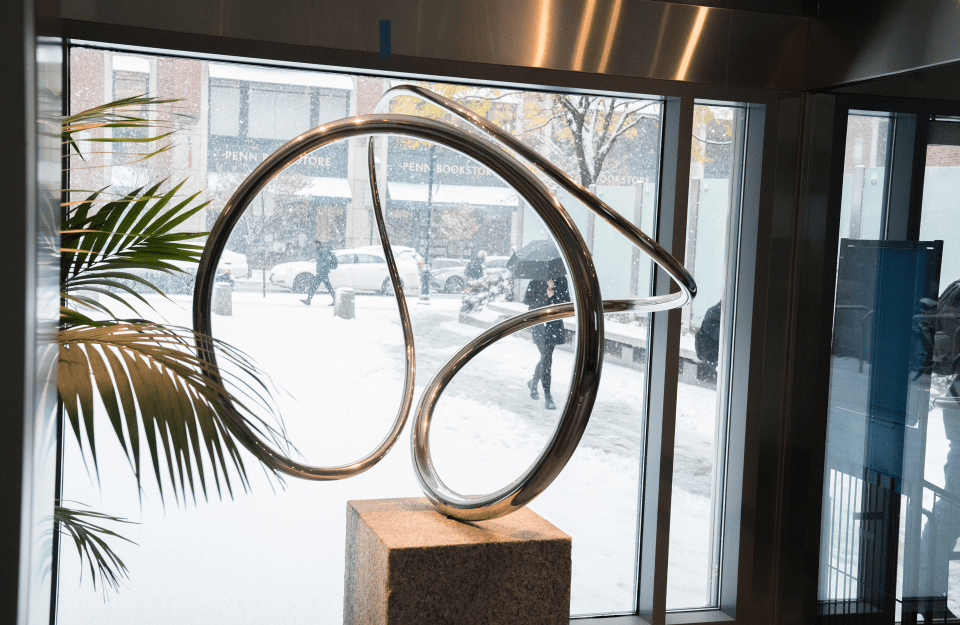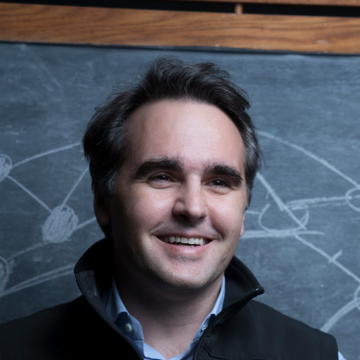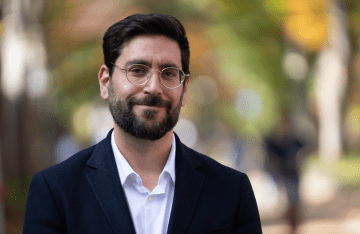Centola and Guilbeault Receive Research Grant from Facebook
They will investigate how to categorize content online.

How do social media companies decide what is and isn’t allowed on their platforms? And, once they’ve established standards, how to do they go about enforcing them? These questions are at the forefront of the global conversation about technology, and the solutions require balance between protecting free speech and limiting online harassment.

In an effort to help address this dilemma, Facebook is funding research that examines online content and focuses on hate speech and/or preventing offline harm. After reviewing over 180 proposals from 38 countries, Facebook has selected 19 research projects to receive funding, including one submitted by Professor Damon Centola and Doctoral Candidate Douglas Guilbeault.
Entitled “Networked Crowdsourcing: An Online Experiment in Content Moderation,” their study will investigate how to categorize content online and how to design a more effective system for categorizing new content. The current system for content moderation involves crowdsourcing, with each contributor kept independent of all other contributors. However, Centola and Guilbeault plan to apply their prior research in networked crowdsourcing to content moderation, theorizing that having contributors work together, rather than in isolation, will produce more coherent and accurate content classifications.
“A core problem in content moderation is that the categories can by interpreted differently by different coders,” says Centola. “We predict that network crowdsourcing will reduce bias among individual coders and lead to overall better content moderation.”

Centola is an associate professor of Communication and the director of the Network Dynamics Group (NDG) at the Annenberg School. His research focuses on social networks, social epidemiology, and web-based experiments on diffusion and cultural evolution. He is a three time winner of the American Sociological Association (ASA) Outstanding Article in Mathematical Sociology Award and the 2017 recipient of the James Coleman Award for Outstanding Research in Rationality and Society. In addition, he is the author of How Behavior Spreads: The Science of Complex Contagions (Princeton University Press 2018).
Guilbeault — Centola’s advisee and a member of NDG — studies computational social science, using formal models and online experiments to study how people categorize the world through communication in social networks. His work has been published in major journals, like the Proceedings of the National Academy of the Sciences, and he has won several awards for his research, including the Computational Modeling Prize in Applied Cognition from the Cognitive Science Society, and the Best Paper award from the International Conference on Computational Social Science.



